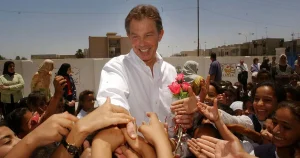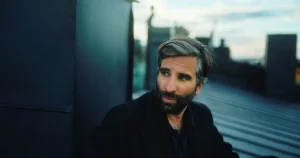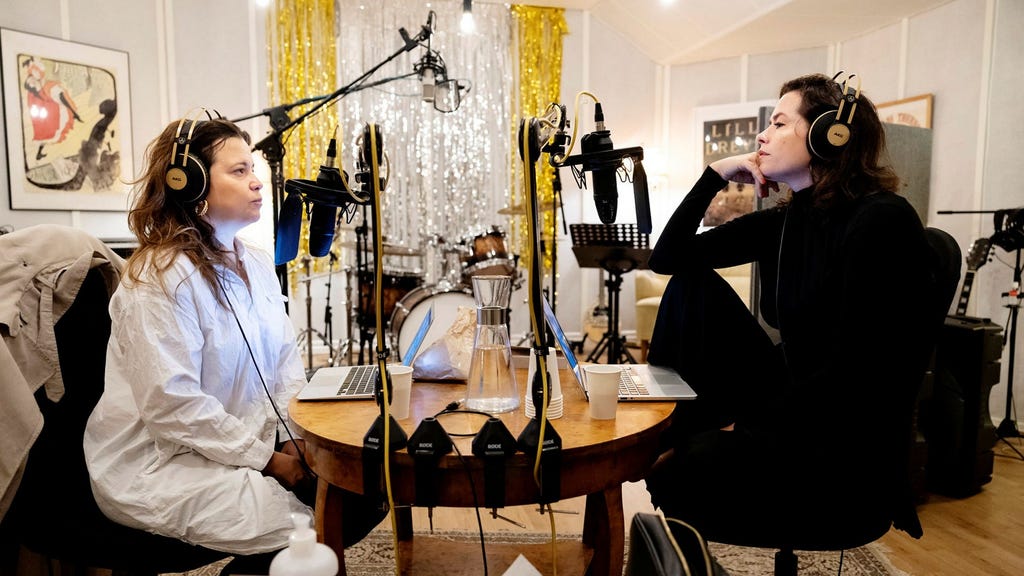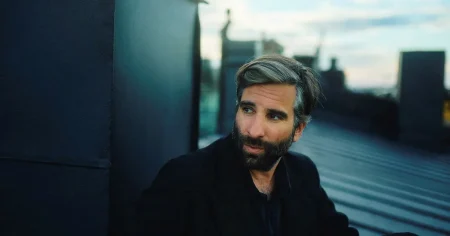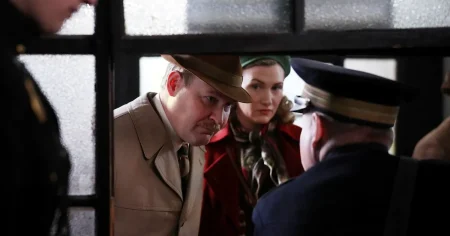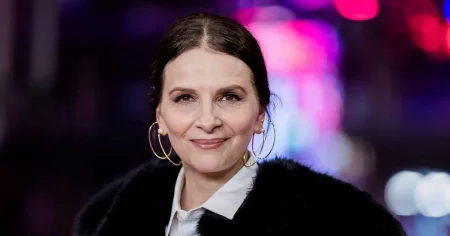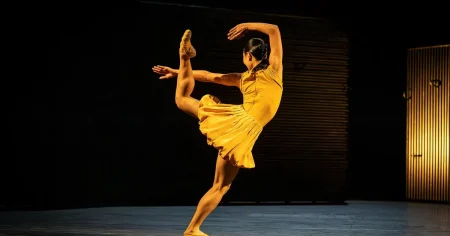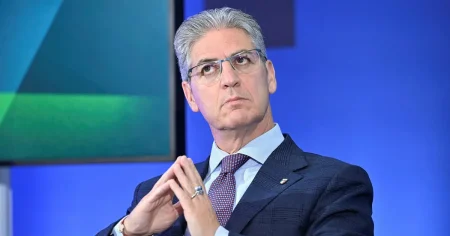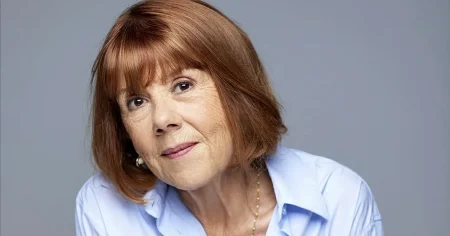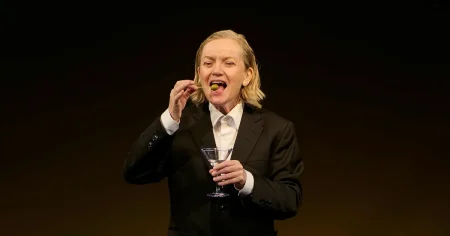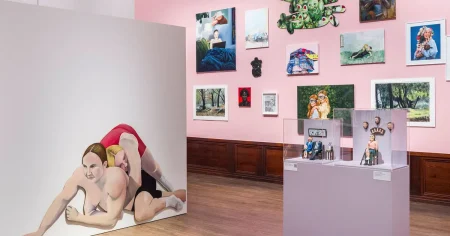The announcement by Aftonbladet’s cultural editor, Karin Pettersson, that the popular podcast ”En varg söker sin podd” would be leaving the platform has sparked a wave of disappointment among its loyal listeners. Pettersson’s explanation, delivered via a newsletter, cited financial constraints as the primary reason for the podcast’s departure. This move, while lamentable for the Aftonbladet platform, signifies a broader shift in the podcasting landscape, where the sustainability of free content is increasingly challenged by rising production costs and evolving consumption patterns. The podcast, hosted by the dynamic duo of Liv Strömquist and Caroline Ringskog Ferrada-Noli since 2012, has cultivated a dedicated following drawn to its unique blend of humor, insightful social commentary, and engaging discussions spanning a wide range of cultural topics.
”En varg söker sin podd” has become a staple for many, offering a consistent source of intellectual stimulation and entertainment. Its departure from Aftonbladet marks the end of an era of free accessibility for listeners. The decision to move to a paid subscription model underscores the growing trend within the podcasting industry towards monetization, mirroring similar developments in other media sectors. While this transition may understandably disappoint some listeners, it reflects the realities of producing high-quality content in a competitive market. The costs associated with creating, editing, and distributing a podcast are substantial, and reliance solely on advertising revenue may not always be sufficient for long-term viability, especially for independent productions or those with a niche audience.
The implications of this shift extend beyond the immediate impact on ”En varg söker sin podd” listeners. It highlights a broader conversation about the future of podcasting and the balance between accessibility and sustainability. As podcasting continues to gain popularity, creators are exploring various revenue models to support their work, including subscriptions, sponsorships, and merchandise sales. The success of these models depends on the willingness of listeners to invest in the content they value, recognizing that maintaining quality programming requires financial resources. This evolving landscape presents both challenges and opportunities for podcast creators and listeners alike.
For listeners, the move towards paid subscriptions may require making choices about which podcasts they are willing to support financially. This can lead to a more curated listening experience, focused on content that resonates most deeply. It also empowers listeners to directly contribute to the sustainability of the shows they enjoy. For creators, monetization strategies offer the potential for greater creative freedom and financial stability, enabling them to invest in higher production values, expand their reach, and dedicate more time to their craft. However, it also introduces the challenge of balancing the desire for accessibility with the need for financial viability.
The case of ”En varg söker sin podd” illustrates the complexities of these dynamics. While the shift to a paid platform may limit access for some listeners, it also offers the potential to ensure the podcast’s long-term survival and continued growth. The success of this transition will depend on the willingness of the established listenership to embrace the new model and support the creators they have come to appreciate. It also presents an opportunity for the podcast to explore new avenues of engagement with its audience, fostering a deeper sense of community and shared investment in the future of the show.
Ultimately, the evolving landscape of podcasting reflects a broader trend in media consumption. As audiences increasingly seek high-quality, niche content, creators are exploring innovative ways to fund their work and connect with their listeners. The transition of ”En varg söker sin podd” to a paid platform is a significant development within this larger context, highlighting the ongoing negotiation between accessibility, sustainability, and the value of engaging, thought-provoking audio content. It will be interesting to observe how this move impacts the podcast’s trajectory and how it contributes to the ongoing evolution of the podcasting industry as a whole.


